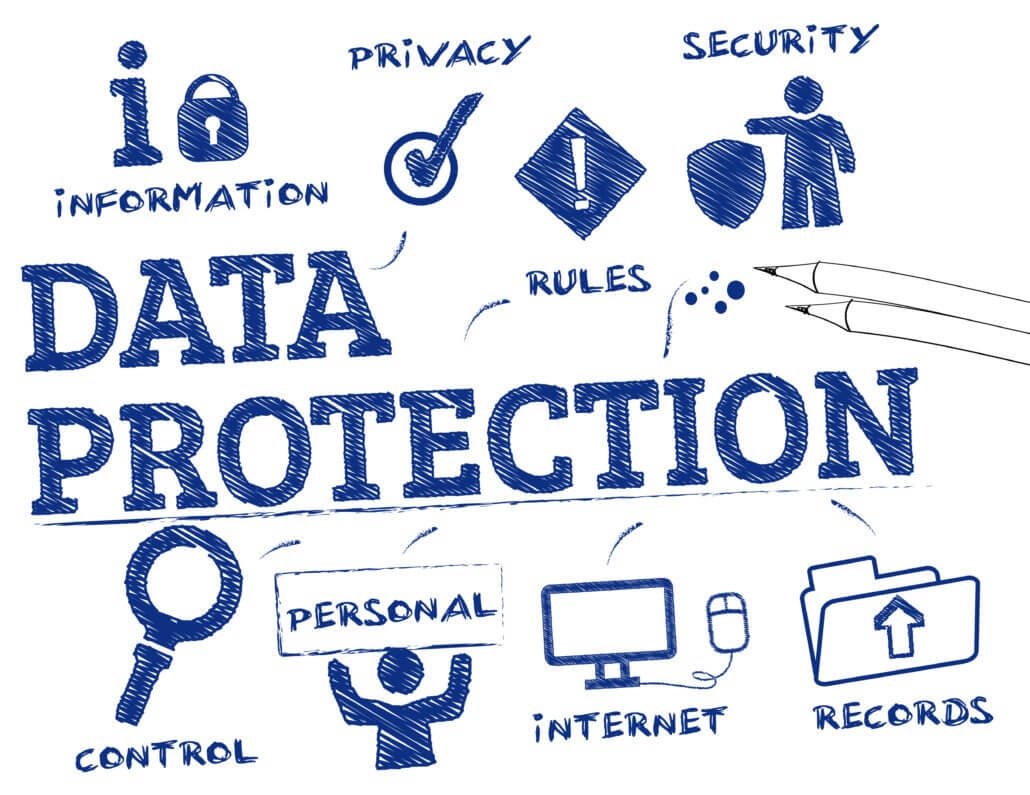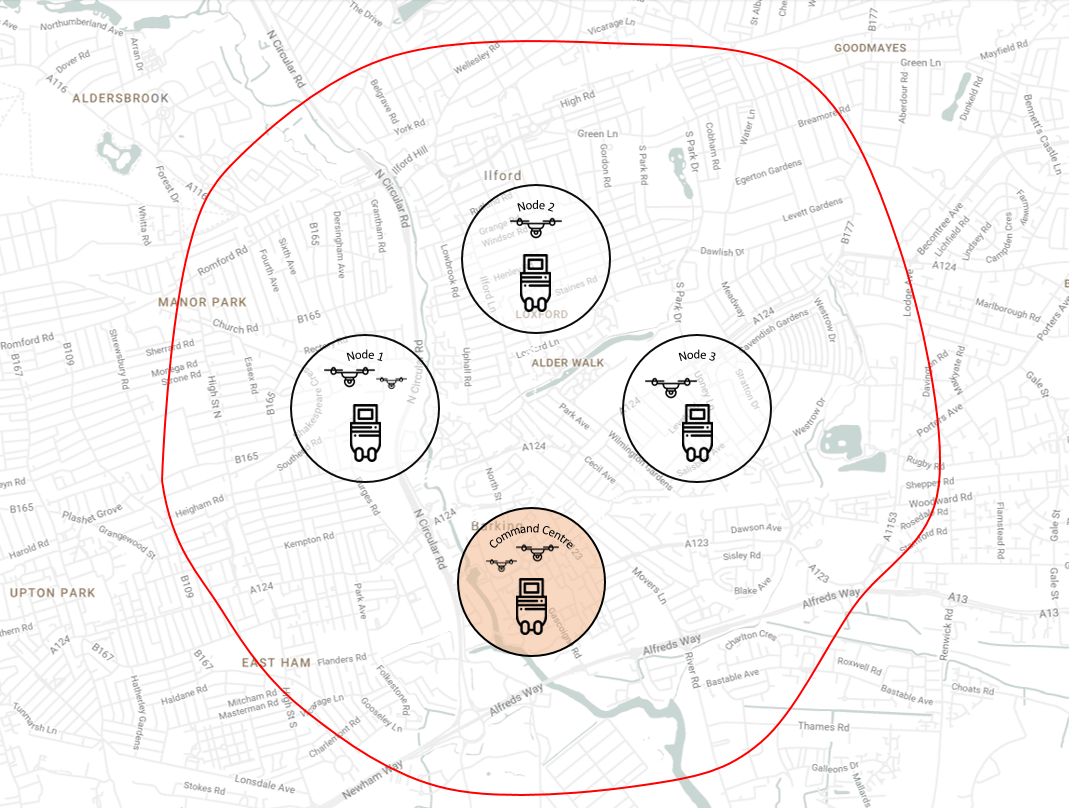GDPR: Update your Mailing Preferences Now

As of 25th May 2018, a new data protection regulation is coming into effect. At Novus Altair, we require your renewed consent to stay in touch with you. Click here to update your mailing preferences.
As you already know, we don’t contact you that often. However, if you still wish to receive future emails about industry-relevant events and news, blog updates and more. You will need to update your contact preferences.
If we don’t hear from you, you won’t hear from us – so don’t miss out. All you have to do is click the link below and fill in your name and email address, it’s as simple as that! Click here to learn more about GDPR. We also provide GDPR Consulting, is your business ready to comply with GDPR Regulations?
Click here to confirm your contact preferences.
What is GDPR?
In 1998, the Data Protection Act (DPA) was introduced by UK Parliament.
The main purpose of the Data Protection Act is to govern the processing of data on identifiable living people.
The technology landscape has changed so much, that this law is now significantly out of date and is not able to protect the individual as intended.
A prime example would be social media sites capturing personal data, profiling it, and selling it to advertisers, without the individuals explicit consent.
However, the General Data Protection Regulation (GDPR) under EU law, which was adopted on 27th April 2016 and will apply from 25th May 2018, will supersede the Data Protection Directive from 1995, and be significantly more stringent.
The main focus of GDPR will be to protect the personal data of all individuals residing within the EU, irrespective of where the company holding the data is based, and includes rules around holding, processing, profiling, maintaining and deleting that data to name a few.
TRENDING POSTS
LOCATIONS
We have been very impressed with the service from Novus since the beginning. They have provided us with the right solutions for our business and been very efficient in ensuring a smooth transition from our previous provider, without any downtime. Overall the stability and reliability of our IT services have been greatly improved.I have been very impressed thought the whole on-boarding process, from making sure that we picked the correct services to delivering them, I would say that you have set the benchmark in customer support.
I just felt it necessary to take time out to thank you and your team for all their enthusiasm and help since you have taken over our IT support. Both the level of expertise and the swiftness in dealing with our queries is quite astounding and we are very grateful that we have found you to take over our IT support because in the past we have had some very bad experiences. The congratulations is to all your team to celebrate their exceptional service.
I have been very impressed thought the whole on-boarding process, from making sure that we picked the correct services to delivering them, I would say that you have set the benchmark in customer support.
As a charity we have a number of financial constraints as you will appreciate; wherever Novus can supply us with cheaper but quality value items (software/ hardware/ Comms support) they have. They have negotiated contracts and disputes for us, not part of the package, and resolved a number of issues. They really are ethical ICT and they will go the extra mile for you.
I have been working with Novus for over 2 years now and can attest to their excellent service and professionalism. They are always open to discussion and they have adapted well to changes in our business strategy. Time and again we put Novus to task in all areas of our business and they come through with cost-effective and future-proof solutions that the business can rely on. I would highly recommend any of their vast array services to anyone in the tech industry.







